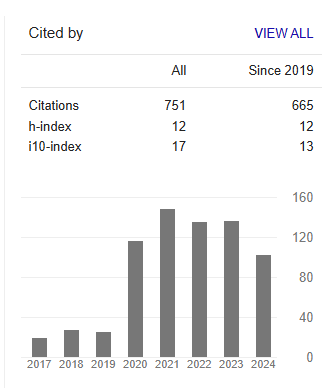The Relationship Between Perceived Stress and Overall Well-Being During the COVID-19 Epidemic: A Moderated Mediation Model
Abstract
Minqi Yang, Hanxiao Guo, Chen Jie, Xicheng Guo, Kexin Tian, Chunyu Qu
Objective: To explore the relationship between perceived stress and well-being of Chinese people and the mechanism underlying the association during the COVID-19 epidemic. Methods: An online survey was conducted in the general population to (N = 498) using the Chinese Perceived Stress Scale, General Well-Being Schedule, Short Dark Triad, and Safety Questionnaire.
Results: (a) perceived stress was significantly negatively correlated with overall well-being and sense of security, (b) sense of security played a partial mediating role between perceived stress and overall well-being, (c) the Dark Triad played a moderation role in the path from perceived stress to sense of security. These results provide insight into the subjective well-being and underlying psychological processes associated with the perceived stress. The implication of these findings were interpreted and discussed.



